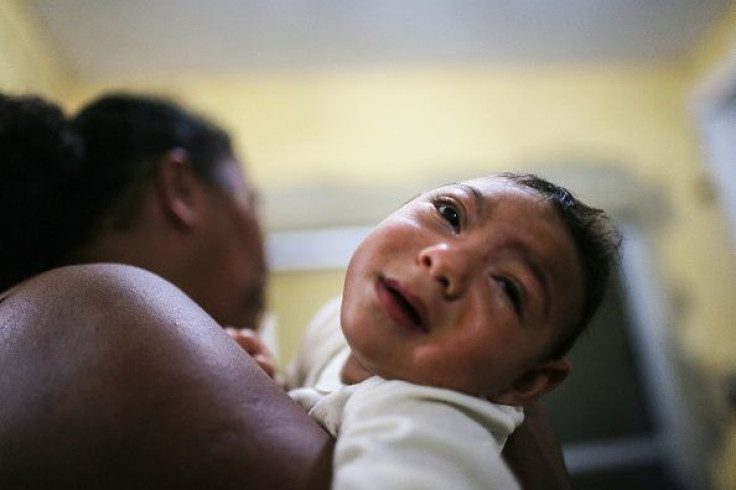Zika Cure Update: What New Progress Has Been Made?

Zika, a mosquito-borne virus linked to serious birth defects in children, spread further and faster this year than it ever had before, and prompted the World Health Organization to declare the disease an international health emergency in February. However, there is good news — recent research suggests we may be close to finding a way to prevent future Zika infections.
In August, a study published in Science reported that three separate drug prototypes proved successful in protecting 16 animals from Zika infection for up to one month by helping their bodies create enough antibodies to overwhelm the virus. However it's still unclear exactly how long this protection will last. Still, according to the researchers, the results suggest that the development of a Zika vaccine for humans may be on the horizon.
“We don’t want to overstate it, but we hope for protection that is long-lasting,” said Dan Barouch, who co-led the studies at Beth Israel Deaconess Medical Center in Boston, The Guardian reported. “Ideally we’d have protection induced by a single shot vaccine or a two shot vaccine and for that to last for years.”
Although Zika itself is rarely life threatening and usually causes minor flu-like symptoms, if a pregnant woman is infected with the virus, her fetus may develop microcephaly, a birth defect that causes babies to be born with small heads. Microcephaly is also linked to serious developmental delays.
Another recent study published in Nature Medicine suggested that an already FDA-approved drug could actually be helping to halt Zika virus reproduction, which could in turn prevent the virus from reaching the fetus and causing serious birth defects. The drug is currently used treat tapeworm infections and does not pose harm to pregnant women.
"We focused on compounds that have the shortest path to clinical use," the study’s co-author Hengli Tang, a biological science professor at Florida State University, in a statement. "This is a first step toward a therapeutic that can stop transmission of this disease."
For now, there is no vaccine nor treatment for Zika. According to the Centers for Disease Control and Prevention, we can simply treat the symptoms of the infection by ensuring we stay well rested and hydrated.
Read More:
Zika Virus Drug Breakthrough: Scientists Reveal A Drug That Can Stop Infectious Disease From Spreading: Read Here
Zika Virus May Lead To ‘Global Epidemic’ Of Microcephaly And Other Birth Defects Throughout The World: Read Here



























